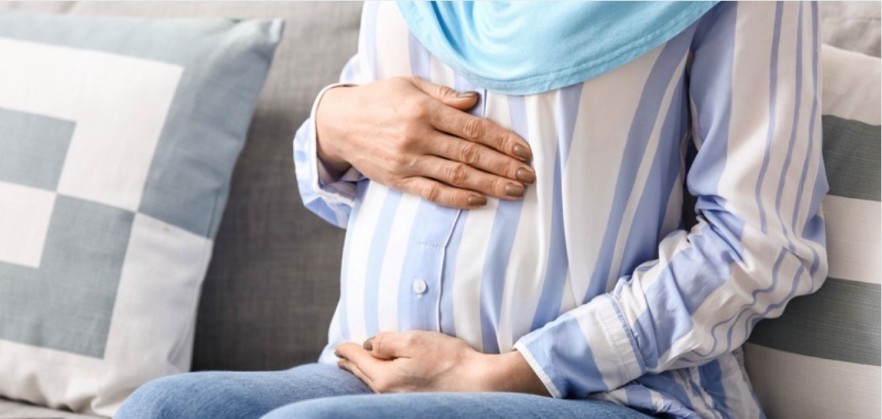
By Hadia Mansoor
Our presenter, Ayisha Karim, recently recorded a video about ICP (Intrahepatic Cholestasis of Pregnancy) with expert Jenny Chambers, who has experienced ICP herself, and went on to become the CEO of ICP Support in the hopes of raising more awareness about this topic that she feels is overlooked. She is also works in research of ICP at Imperial College of London - you can find out more about her story and journey in the video.
It is imperative that more women are aware of this condition, especially those of South Asian background, which is why we have posted this written version of the video for those who havenít had a chance to watch it. South Asian women are at a higher risk of getting ICP, so it is important to raise awareness about this and reach women from the South Asian community.
What is ICP:
ICP is caused by a combination of genetics, hormones and the environment. The condition affects the functioning of the liver and itís ability to control the levels of bile acid. Bile acid is made in the liver to help digest fat soluble vitamins, however in ICP the liver is unable to keep bile levels down. This results in very high levels bile acid which cross over to the placenta and can affect the unborn baby.
Who is affected:
- ICP affects 1 in 140 pregnant women living in the UK
- ICP affects every 1 in 70 South Asian women
- Every year it affects around 5,500 women in the UK every year, which is around 0.7% of pregnant women, however those who originate from a South Asian background have almost double that rate
The effects of ICP:
Women suffering from ICP are more likely to give birth prematurely, and also have an increased risk of having a still birth. There is a 3.4% chance of having a stillbirth in women with high bile levels.
Symptoms of ICP:
- Itching (can be constant itching on any part of your body)
- Dark urine
- Pale/floaty stools
- Pain under the rib cage
Treatment:
Abnormal itching should be checked out by a health professional so additional monitoring of the baby and mother can take place if needed. However, usually women are offered an early induction at around 35 weeks to prevent the chances of stillbirth. Please feel free to watch the full video for more details about research, trials and medicine development and more, this blog contains key and summarised information.
Join Our Movement
Raise your voice and get connected

 1
1